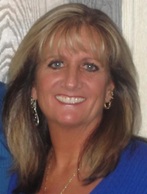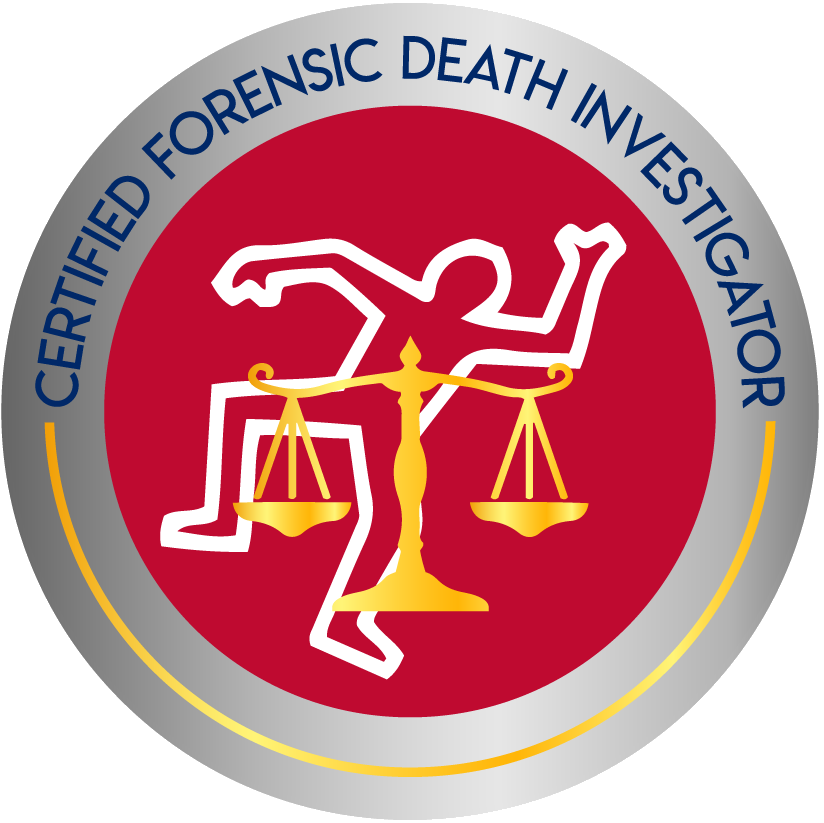
by Karen S. Beers, BSW, CCDI
From our 2012 blog archives! Originally posted 02/17/2012 and 07/04/2012
When someone asks me what type of investigative work we do, I usually go down the list of what our agency offers. However, nine times out of ten, the only item on the list that draws their attention is equivocal death case investigation, or equivocal case death review. I have not decided yet, which of two words grab their attention the most, either the word “death” or the word “equivocal”.
The word death seems to capture most people’s attention, and I believe one reason is because that word alone can conjure up many emotions within a person. I know some people believe only women attach emotions to certain words, however, ask any man who has gone through a death, and you might get a similar reaction as a woman, although perhaps not as noticeable. Most of us with a conscious will have an emotion triggered when we hear the word death or dead, mainly because most of us have experienced all of the emotions and loss associated with the death of someone we love.
The word equivocal seems to capture attention simply because many do not understand what the word means. So I often hear, “What in the world is that type of investigation?” One of the easiest ways to remember what the word equivocal means, especially in relation to a death is the word questionable, which is exactly why people seek an equivocal death case investigation or equivocal death case review. Whether a loved one questions the way an initial investigation was performed, whether they question why the death was ruled a certain way, or whether they question the meaning of the autopsy report, there are always plenty of questions lingering in their minds.
The heaviness that so many questions weigh on a person’s mind is one reason we offer the equivocal death case review. We found that many people could not afford a full equivocal death case investigation, which is not always necessary, so the review offers most people enough information to get the answers they seek to the many questions that linger. Often times, after we conduct an equivocal death case review, the numerous questions get answered, and this helps to ease people’s minds, allowing them to finally let go and move on with their own lives. Letting go does not mean forgetting the person’s death or that person, it simply allows them to let go of the obsession over their internal bombarding questions.
When there are so many questions after a death, the person experiencing these questions will sometimes become obsessed, and the questions are played over and over again in their minds. This wears that person down, which can cause, anxiety, depression, an abundance of anger and sadness to the point that the person with the lingering questions’ own physical and emotional health becomes compromised. Once the questions are answered, the person’s mind will quiet down, and then acceptance will sink in, and life will go on.
Sometimes a person may not have specific questions, yet they have doubt about some issues surrounding a death. With an equivocal death case review, these doubts can either be put to rest, or confirmed. If the doubts are put to rest, again, it eases the mind and allows that person to continue on with their life. If the review supports their doubt or suspicions, then a full equivocal death investigation may be necessary to confirm these doubts or suspicions. It is at that point that perhaps an attorney will be needed to reopen a case.
However, there is no need to go straight down that road of expense to hire an attorney. A person can spend thousands on the attorney and the investigators the attorney may hire, only to find out everything done was for not, and the initial investigation was in fact performed properly from the beginning.
This is another reason a person should seek out an equivocal death case review, this could not only save a person thousands of dollars, but a lot of unnecessary time and energy expended when there was no feasible reason to go the attorney route to begin with.
This is not about taking money away from an attorney. This is about saving our clients from unnecessary expense, and heartache, as well as to assist them with closure in the shortest amount of time possible. There is nothing more satisfying than hearing, “Thank you, I can now sleep at night”, or “Thank you, I feel at peace now”. We hear statements like that and many similar ones simply because the lingering questions have finally been answered without spending thousands of their hard earned dollars. So the answer to who needs an equivocal death case review is anyone with any lingering questions surrounding the death of a loved one.
==========
[email protected]
Karen S. Beers, BSW, CCDI, is a Colorado charter Licensed Private Investigator (#PI-502) and earned her Bachelor's in Social Work from Colorado State University (Magna Cum Laude). She is also a Certified Criminal Defense Investigator (CCDI) and certified in Medicolegal Death Investigations. Her background, education and experience with victim advocacy and counseling are valuable assets in working with families and victims of traumatic events.
As a death investigator Karen was involved in the investigations of all manners of deaths and incidents, training under three Forensic Pathologists. From 2004-2006 she investigated and assisted with numerous death cases and scenes, and assisted with forensic autopsies.
Following graduation from Colorado State University was an extensive internship at a youth counseling and rehabilitation facility. She is also a member of the Criminal Defense Investigations Training Council. Karen has been professionally published with 'The Basics of an Autopsy Report' (PI Magazine, Dec 2011) and 'Understanding Suicide and its Prevention – Equivocal Death Investigations' (PursuitMag.com, Dec 2011), ‘False Confessions and Accusations’ (PursuitMag.com, Feb 2012). With Dean she co-developed 'Death Investigation for Private Investigators', an online continuing education course for www.PIEducation.com.
Karen is a member of the Criminal Defense Investigation Training Council and the National Defender Investigator Association.
Karen and her husband, Dean, have two daughters, a granddaughter and identical twin grandsons.


